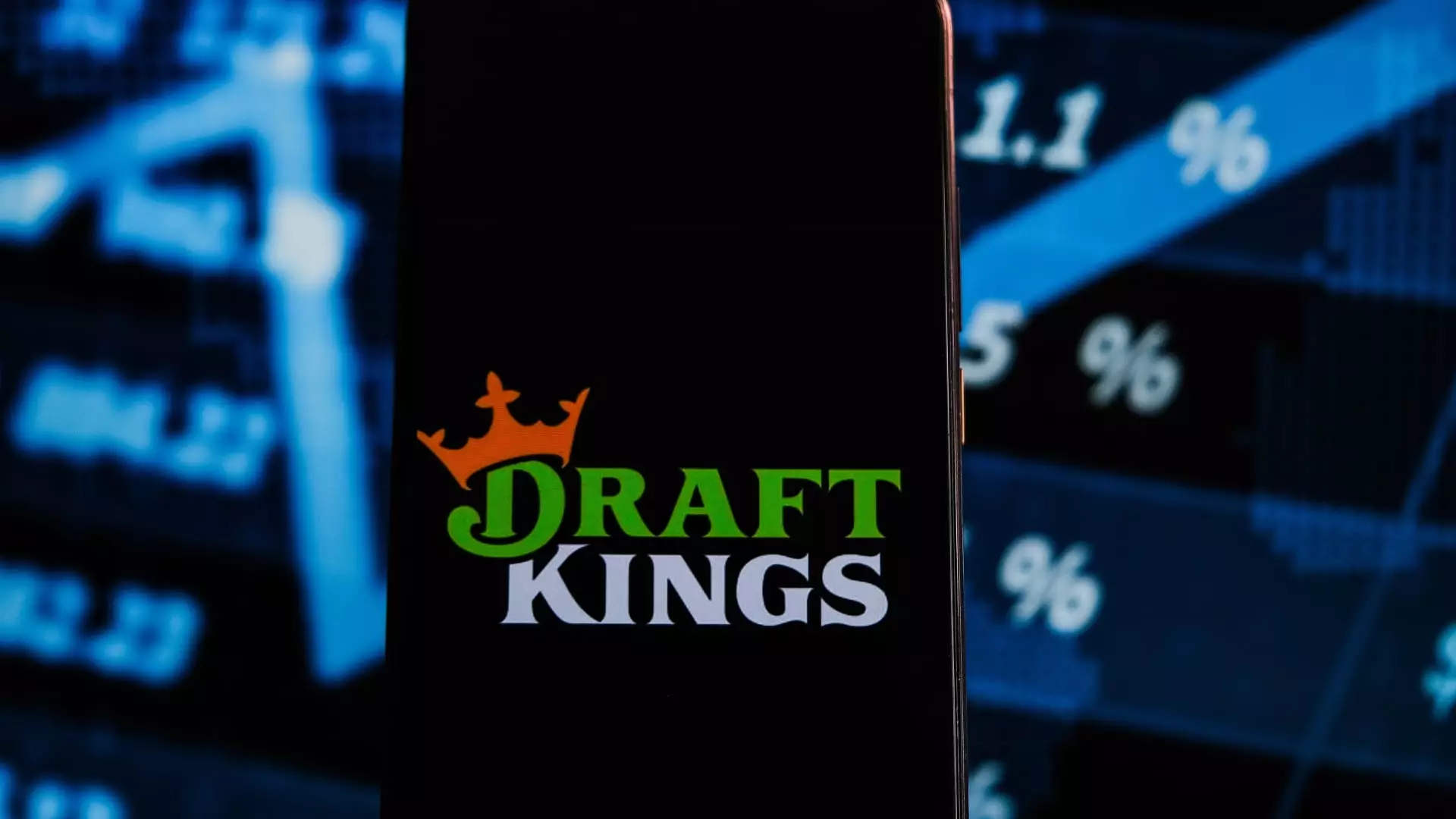The recent decision by Illinois lawmakers to impose a new tax structure on online sports betting has sent shockwaves through the industry, and for good reason. With taxes on the first 20 million bets set at 25 cents and escalating to 50 cents thereafter, investors are justifiably rattled. Stocks of major players like DraftKings and Flutter Entertainment have taken a notable hit, dropping over 6% and 2%, respectively. This isn’t merely a localized issue; it’s a strong indicator of a worrying trend that could sweep across the nation, leading to a bigger fallout than many are prepared for.
What makes this move particularly unsettling is that it follows last year’s unexpected tax hikes in Illinois, marking a troubling pattern. Truist analyst Barry Jonas aptly describes this as a “last-minute surprise,” suggesting a lack of foresight from legislators on the possible ramifications for the sports betting landscape. When states start looking to plug budget deficits through increased taxation on burgeoning industries like sports betting, a dangerous precedent is set. This not only puts extreme pressure on leading companies, but it also risks stifling growth in an otherwise thriving market.
Widespread Implications: Bigger Stakes Ahead
The mounting tax burden could hinder the competitiveness of larger firms like DraftKings and Flutter’s FanDuel, who may exceed the threshold for elevated taxes. For them, this could translate to millions lost in additional taxation costs, which they may ultimately pass on to consumers. Smaller, emerging companies may feel the heat as well, although their impact might be “modest,” as noted by Jonas. Nonetheless, when even giants face significant tax liabilities, one cannot help but wonder how long they can sustain when squeezed from both ends by taxation and competition.
Furthermore, with states like New Hampshire, New York, and Rhode Island leaning towards hefty state-imposed taxes of up to 51%, the future of online sports betting hangs in the balance. The numbers tell a worrying story—only 27 states plus Washington D.C. currently allow online sports betting statewide. At a time when other sectors are flourishing, states could be mitigating fiscal deficiencies at the risk of strangling a promising industry.
A Political Wake-Up Call: The Case for Moderation
As Illinois showcases its approach, the fear is palpable that it may embolden other states to follow suit. Taxation of this nature sends a clear signal: lawmakers don’t fully grasp the potential of the sports gaming market to generate not just revenue but jobs, tourism, and additional tax bases. It’s crucial for policymakers to strike a balance between fiscal responsibility and fostering an environment conducive to growth. The center-right must champion a robust yet sensible approach that advocates for lower taxes while emphasizing consumer protection and state revenue generation.
Optimistically, if states reconsider their strategies and adopt a sustainable taxation model rather than a rogue revenue grab, we may yet see the revival of a prosperous betting industry. However, if fear-induced taxation continues to spiral, only time will tell if we witness an industry boom or a calamitous downturn. The stakes couldn’t be higher, and unless a collective calling emerges for wisdom and foresight in legislating, we could be on a slippery slope toward disaster.

